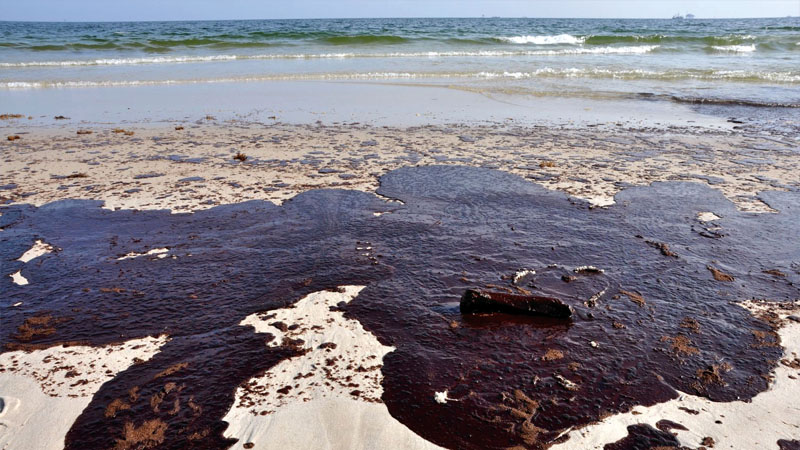Exclusive content

Fishermen in the town of Río Seco, Coro, Venezuela, are grappling with a harsh new reality: oil spills have annihilated the shrimp population, which once served as the community’s primary source of income and livelihood. The recent decision by the State to lift a ban on shrimp fishing, in place for over eight years, has been met with disappointment and skepticism by local fishermen.
Frustration Among Local Fishermen
Yoelvis Segovia, one of the affected fishermen, voiced his frustration, stating, “What shrimp is produced here?” According to Segovia, lifting the ban is futile when the main shrimp reservoir in the Coro gulf has been destroyed. The administrative ruling MPPPA-INSOPESCA No. 013, in effect since June 2016, now only regulates capture using “Red Chica” fishing gear in the states of Miranda, Anzoátegui, Delta Amacuro, and Sucre. However, in Coro, the devastation caused by oil spills has left fishermen without resources.
The ongoing fishing crisis has compelled many fishermen from Río Seco to migrate. The most common destination is Bachaquero, in the state of Zulia, where they find employment in local shrimp farms, earning just USD 30 a week. This mass migration is a desperate response to the lack of opportunities back home. Previously, fishermen could earn up to USD 70 a week by catching 70 tons of shrimp per boat. However, constant losses due to pollution have rendered shrimp fishing unprofitable in Coro.
The Impact of Spills
The environmental situation in Lake Maracaibo and the Gulf of Coro is dire. Oil spills, a recurring problem reported by fishermen since 2021, have severely affected marine ecosystems and aquaculture, particularly shrimp. Néstor Pereira, an expert in aquatic ecology and professor at the University of Zulia, confirmed that the shrimp reservoir has significantly decreased. In 2023, 84% of oil spills in Venezuela occurred in Falcón and Zulia, severely impacting marine species.
The lack of funds for scientific research has prevented the full understanding of the spills’ impact on aquatic species. For 12 years, experts have lacked precise data on how species, including farmed shrimp, are affected.
New Spills Continue
Despite efforts to repair crude oil leaks, spills persist. On May 20, a new wave of hydrocarbons was observed in the Coro gulf, just days after sealing the 45th leak. Workers at the Paraguaná Refining Complex indicated that while the line has been sealed, 40% of crude oil remains in the pipe, continuing to leak into the sea.
Shrimp fishing, once a major economic and export activity in Venezuela, now faces an uncertain future in Coro. Local fishermen, who have dedicated their lives to this trade, see their livelihoods disappear due to environmental pollution. The future of shrimp fishing in Coro hangs in the balance, with the community’s survival and well-being at stake.